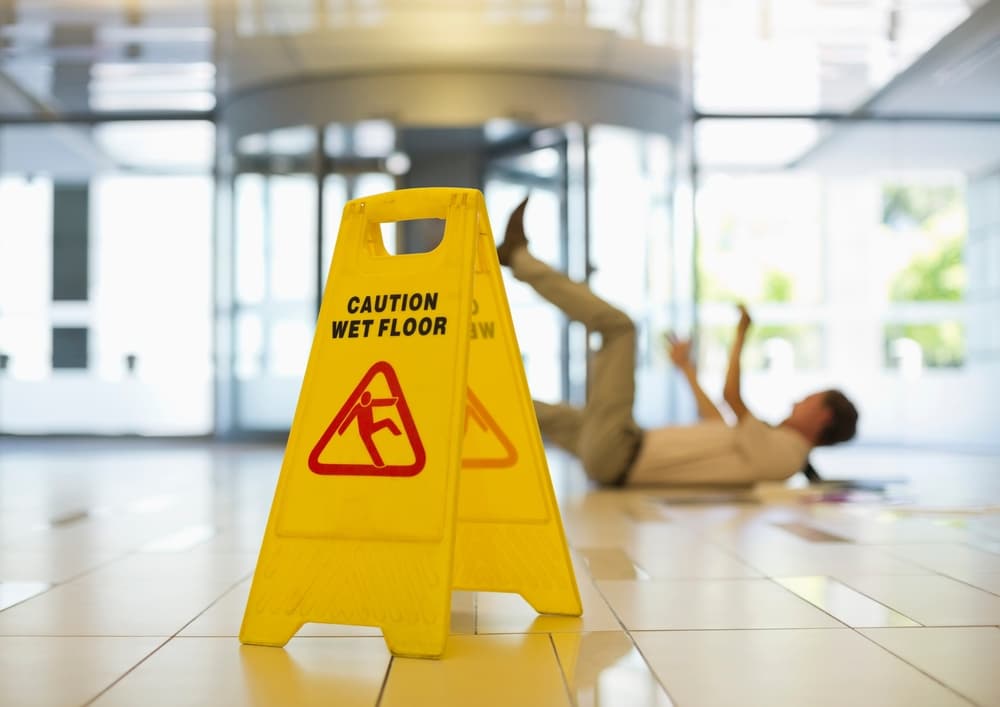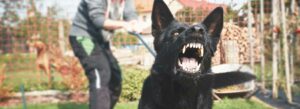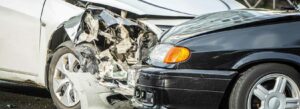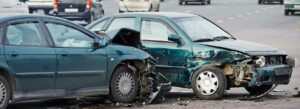If you are injured on someone else’s property, you may wonder if you can sue the property owner. In many cases, the answer is yes, and a premises liability attorney can explain your legal options. Property owners have a duty to keep their premises safe for lawful visitors, and when they ignore hazards that lead to accidents, they may be held liable.
From slip and falls in Atlanta shopping centers to dog attacks at Nashville homes, dangerous property conditions lead to injuries every day across Georgia, Florida, and Tennessee. Victims often face medical bills, lost income, and other hardships that make legal action necessary.
At Calvin Smith Law, we represent people throughout the Southeast who were injured because a property owner ignored safety. Our attorneys know the laws that govern property responsibilities and have the experience to prove negligence caused your injuries.
If you were hurt on someone else’s property, call Calvin Smith Law at (404) 842-0999. We can review your situation, explain your rights, and help you pursue the compensation you need to move forward.
Key Takeaways About Suing Someone if You Are Injured on Their Property
- Property owners owe varying levels of care based on why you’re on their property, with business customers receiving the highest protection under the law.
- You may sue for injuries on someone’s property if they knew or should have known about dangerous conditions and failed to fix or warn about them.
- Time limits for filing premises liability lawsuits vary by state and property type, with some requiring notice within months of the injury.
- Property owner liability extends beyond slip and falls to include inadequate security, dog bites, swimming pool accidents, and defective conditions.
- Insurance companies often try to shift blame onto injured visitors, which makes quick evidence gathering and early legal help especially important.
When Property Owners Are Liable for Injuries
Property owner liability depends on several factors including your reason for being on the property, the nature of the hazard, and whether the owner knew about dangerous conditions. Understanding these elements helps determine if you have grounds to sue for your injuries.
Duty of Care for Invitees Licensees and Trespassers
The National Safety Council reports that premises liability incidents result in millions of emergency room visits annually, with property owner negligence playing a significant role in many cases. Property owners owe different care levels to different visitor categories:
- Business invitees (customers) receive the highest protection
- Social guests (licensees) receive moderate protection
- Trespassers receive minimal protection with important exceptions
- Children receive special protection under attractive nuisance doctrines
These categories define the level of protection owners must provide and when they can be held liable.
Proving a Property Owner Knew About Dangerous Conditions
Property owners bear responsibility for hazards they actually knew about or should have discovered through reasonable inspection. Actual knowledge exists when owners receive complaints, witness hazards themselves, or create dangerous conditions. Constructive knowledge applies when hazards exist long enough that proper maintenance would have revealed them.
A spill that existed for hours before causing a slip and fall creates stronger liability than one appearing moments before an accident. Similarly, broken stairs that multiple tenants reported establish clearer negligence than newly developed defects. Evidence of how long hazards existed proves vital to establishing property owner liability.
Common Property Hazards Leading to Lawsuits
Property injuries result from diverse dangerous conditions that owners fail to address. Each hazard type requires specific evidence to prove negligence and establish grounds for legal action.
Slip and Fall Accidents on Unsafe Properties
Wet floors, uneven surfaces, and poor lighting create slip and fall dangers that send thousands to emergency rooms across Georgia, Florida, and Tennessee annually.
The National Safety Council reports that falls are one of the leading causes of nonfatal injuries nationwide, resulting in millions of emergency department visits each year. Grocery stores with leaking freezers, restaurants with freshly mopped floors, and apartment buildings with broken handrails all create liability when these hazards cause injuries.
Property owners are expected to inspect regularly, fix hazards quickly, and post warnings if a danger cannot be corrected right away. They must provide warnings when they cannot immediately fix dangers. Failure to follow reasonable inspection schedules or ignoring known hazards establishes negligence that supports premises liability lawsuits.
Injuries Caused by Inadequate Security
Property owners in areas with criminal activity must provide reasonable security measures protecting visitors from foreseeable crimes. Broken locks, poor lighting, and a lack of security can leave owners legally responsible when crimes occur. These cases require proving the owner knew about crime risks but failed to implement adequate protections.
Parking garages, apartment complexes, hotels, and nightclubs face particular scrutiny regarding security measures. Prior incidents on the property establish foreseeability, making subsequent attacks potentially compensable through premises liability claims against negligent owners.
Dog Bite and Animal Attack Liability on Property
Property owners may be held liable when their animals injure visitors, although the rules vary by state. Florida law imposes strict liability for dog bites regardless of the animal’s history. Georgia follows a modified strict liability rule that holds owners responsible if they knew the dog was dangerous or violated leash laws. Tennessee applies the one-bite rule, though owners may still be liable if the dog was running at large or had known dangerous tendencies.
Other states follow the one-bite rule, requiring proof that the owner knew or should have known the dog had dangerous tendencies. According to the Centers for Disease Control and Prevention (CDC), an estimated 4.5 million people are bitten by dogs in the United States each year, with many incidents taking place on the owner’s property.
Even in states without strict liability, owners may be held accountable if they ignore leash laws, fail to restrain dangerous animals, or allow aggressive dogs near visitors. Documentation of prior aggressive behavior, breed-specific legislation violations, or failure to warn visitors about animals strengthens these claims.
Types of Properties Where Premises Liability Claims Arise
Different property types create varying legal responsibilities and potential hazards. Understanding these distinctions helps injured visitors identify liable parties and build stronger cases.
Commercial Properties and Business Establishments

Shopping centers throughout Atlanta’s Perimeter area, theme parks in Orlando, and Broadway venues in Nashville all face regular premises liability claims. These properties generate significant foot traffic, increasing both accident risks and the importance of proper maintenance. Insurance policies for commercial properties typically provide substantial coverage for visitor injuries.
Premises Liability Claims in Residential Properties
Private homeowners owe duties to social guests, delivery persons, and others lawfully on their property. Homeowner’s insurance typically covers visitor injuries, though policy limits vary. Landlords face additional responsibilities for maintaining common areas and addressing reported hazards in rental units.
Apartment complexes must maintain stairways, parking lots, laundry facilities, and other common areas in safe condition. Landlords who ignore tenant complaints about dangerous conditions face liability when those hazards injure residents or guests. Lease agreements may specify maintenance responsibilities but cannot eliminate landlord duties to provide habitable premises.
Government Properties and Public Spaces
Injuries that occur on government-owned properties such as parks, buildings, and sidewalks involve unique legal rules. Sovereign immunity generally protects government entities from lawsuits, but exceptions apply when unsafe conditions cause harm.
These claims usually involve shorter deadlines, limits on damages, and stricter notice rules than private property cases. Claims involving federal property, such as courthouses, post offices, or other federally maintained spaces, fall under the Federal Tort Claims Act (28 U.S.C. §§ 1346(b), 2671–2680).
At the state and local level, liability is governed by each jurisdiction’s tort claims act. For example, Georgia, Florida, and Tennessee all allow certain premises liability claims against government entities, but only if procedural rules are followed and within statutory limits.
How to Build a Strong Property Injury Lawsuit
A successful premises liability claim relies on strong evidence and skilled legal representation. Taking the right steps early protects your rights and strengthens your case.
How to Document the Accident Scene for Your Claim
Photographs preserve dangerous conditions before they are repaired, showing hazards, lighting, and warning signs (or their absence). Witness statements from customers, employees, or other visitors provide independent accounts that help establish how long a hazard existed and whether the owner knew about it.
Using Medical Treatment Records to Support Your Claim
Prompt medical care links your injuries directly to the accident. Emergency room records, imaging, and physician notes document severity and treatment needs, while consistent follow-up prevents disputes about causation. Keep bills, wage loss records, and photos of your injuries during recovery to support your damages claim.
Why Working with a Premises Liability Attorney Matters
Property owners and insurers move quickly to build defenses after an injury. A premises liability attorney protects your interests, investigates maintenance records, prior complaints, and code violations, and works with experts to prove negligence. This approach helps balance the scales against insurance companies and improves your chance of full recovery.
Damages Available in Property Injury Lawsuits
Compensation for property injuries extends beyond immediate medical bills to encompass all accident-related losses and impacts on your life.
Economic Damages in Property Injury Cases
When you pursue a premises liability claim, economic damages are calculated to cover the measurable financial losses caused by your injury. These may include:
- Medical expenses: emergency treatment, surgeries, medications, physical therapy, and anticipated future care.
- Lost income: wages missed during recovery and reduced earning capacity if injuries limit future employment.
- Property damage and adaptations: repair or replacement of damaged property, assistive devices, and home modifications for long-term disabilities.
- Additional costs: transportation to medical appointments, childcare during treatment, and household services you cannot perform while injured.
- Future losses: professional testimony may establish projected costs based on injury severity, life expectancy, and inflation.
Together, these damages show the financial impact of your injury and strengthen your claim for compensation.
Non-Economic Damages in Property Injury Cases
In addition to measurable financial losses, premises liability claims also account for non-economic damages. These address the personal and emotional impact of an injury, which can be just as significant as economic costs. Examples include:
- Pain and suffering: physical discomfort and ongoing limitations caused by the injury.
- Emotional distress: anxiety, depression, or trauma linked to the accident.
- Loss of enjoyment: reduced ability to participate in hobbies, activities, or daily routines once enjoyed.
- Disfigurement and scarring: lasting changes to appearance that affect self-image and social interactions.
- Reduced quality of life: long-term consequences that alter family relationships, independence, or personal well-being.
Although these damages cannot restore health, they recognize the personal toll of preventable accidents and provide compensation for the hardships that extend beyond financial losses.
How Premises Liability Attorneys Build a Strong Injury Case

Our premises liability attorneys investigate accidents everywhere from Miami Beach hotels to apartment complexes along I-285 in Atlanta, retail stores in Columbus, and restaurants throughout Nashville’s entertainment districts. We understand how property owners and their insurance companies operate, and we know the defenses they use to avoid paying fair compensation.
Proving Negligence in a Property Injury Claim
Successfully suing for property injuries requires more than proving an accident happened. Our personal injury attorneys establish that property owners breached their duty of care through action or inaction that created dangerous conditions. We examine maintenance records, inspection logs, prior incident reports, and corporate policies that reveal patterns of negligence.
Property owners often claim they had no knowledge of hazards or that injured visitors caused their own accidents through carelessness. Our legal team defeats these predictable defenses by gathering surveillance footage, witness statements, and documentation showing how long dangerous conditions existed before your injury. This evidence proves property owners had actual or constructive notice of hazards they failed to address.
FAQs for Premises Liability Attorneys
What if I was partially at fault for my property injury?
Most states follow comparative negligence rules allowing recovery even with partial fault. Your compensation reduces by your fault percentage, but you may still sue if the property owner bears primary responsibility. Evidence of reasonable behavior and hidden hazards helps minimize fault assignments.
How long do I have to sue for injuries on someone’s property?
Time limits vary by state, typically ranging from one to four years. However, claims against government properties may require notice within months. Commercial leases and insurance policies may impose additional deadlines affecting your ability to sue.
What if the property owner claims they didn’t know about the hazard?
Property owners bear responsibility for dangers they should have discovered through reasonable inspection. Long-standing hazards, prior complaints, or obvious dangers establish constructive knowledge even without actual awareness. Maintenance records and inspection schedules prove whether owners met their duties.
Can I sue if I signed a waiver before entering the property?
Waivers do not bar claims involving gross negligence, intentional harm, or violations of safety statutes. Courts often scrutinize waivers closely, and their enforceability varies by state and by context. For example, waivers signed for recreational activities may be upheld in some situations, while waivers that attempt to excuse a property owner from maintaining basic safety duties are often invalid.
What if I was injured at a friend’s house?
Homeowner’s insurance often covers visitor injuries, but coverage depends on the policy. Exclusions for certain dog breeds, intentional acts, or other specific hazards may apply. Even at a friend’s house, the property owner has a duty to warn guests of known dangers and to maintain reasonably safe conditions.
Start Your Property Injury Claim with Calvin Smith Law

When an injury happens on their property, owners and insurance companies move quickly to protect themselves. They repair hazards, gather records, and build defenses aimed at reducing or denying your claim. Waiting to get legal help only gives them more time to strengthen their case against you.
At Calvin Smith Law, we represent people hurt on dangerous properties across Georgia, Florida, and Tennessee. Our premises liability attorneys know how to prove negligence, challenge insurance company tactics, and pursue full compensation for your injuries. We handle claims against corporations, small businesses, homeowners, and government entities that failed to keep their properties safe.
Call (404) 842-0999 today to talk with our team about your case. We’ll explain your options, guide you through the process, and fight to protect your right to fair compensation.

